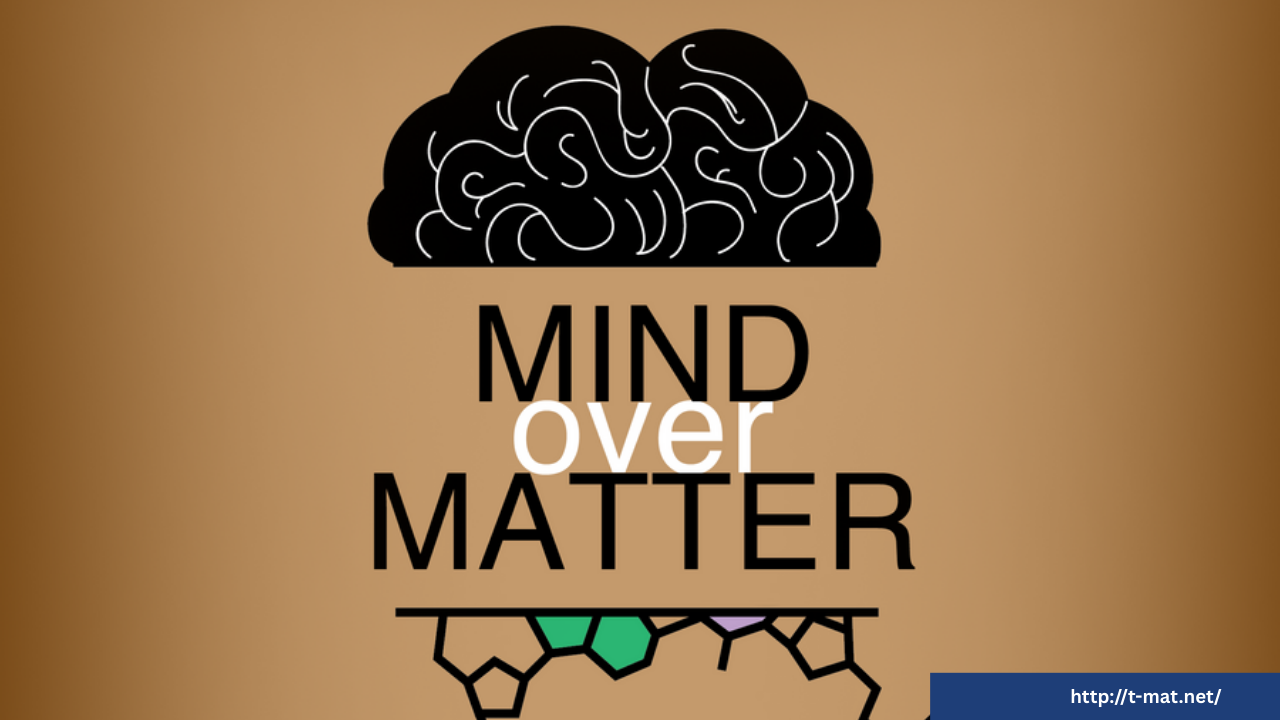
Stress is often thought of as an emotional or psychological issue, something that affects the mind more than the body. However, this perception downplays the profound physical effects that stress can have. Far from being “all in your head,” stress has very real, often hidden consequences on the body that can disrupt health in surprising and dangerous ways.
How Stress Manifests in the Body
When the brain perceives a threat or challenge, it sends signals to the adrenal glands to release stress hormones like cortisol and adrenaline. These hormones prepare the body for immediate action: increasing heart rate, tightening muscles, and redirecting energy to essential systems. While this is beneficial in short bursts, prolonged exposure can damage nearly every organ system.
1. Muscle Tension and Pain
Chronic stress keeps muscles in a constant state of tension. This can lead to headaches, migraines, and musculoskeletal conditions such as neck, shoulder, or back pain. Many people with chronic stress experience ongoing discomfort without realizing stress is the root cause.
2. Respiratory Issues
Stress can exacerbate breathing problems, especially in those with asthma or other respiratory conditions. The body’s stress response can lead to rapid, shallow breathing or even hyperventilation, which may cause panic attacks or further respiratory distress.
3. Cardiovascular Strain
Stress has a significant impact on heart health. Frequent surges in heart rate and blood pressure due to stress hormones increase the risk of hypertension, arrhythmias, and heart attacks. Over time, chronic stress contributes to plaque buildup in arteries, raising the risk of cardiovascular disease.
4. Endocrine and Metabolic Disruption
Long-term stress affects the endocrine system, disrupting hormone balance and metabolism. Elevated cortisol levels can lead to weight gain, especially in the abdominal area, and increase the risk of insulin resistance and type 2 diabetes.
5. Skin and Hair Conditions
Stress can manifest externally in the form of skin breakouts, rashes, or chronic conditions like eczema and psoriasis. It also contributes to hair loss and can prematurely age the skin, causing wrinkles and dullness due to increased inflammation and poor circulation.
6. Reproductive and Sexual Health
Stress interferes with reproductive hormones, leading to irregular menstrual cycles, reduced libido, and fertility issues. In men, chronic stress can lower testosterone levels, contributing to erectile dysfunction and decreased sperm production.
7. Digestive Dysfunction
The gut-brain connection is strong, and stress can throw digestion off balance. It can cause or worsen gastrointestinal issues such as constipation, diarrhea, acid reflux, and irritable bowel syndrome (IBS). Stress also alters gut bacteria, which are vital for digestion and immune function.
Managing the Physical Effects of Stress
Recognizing the physical toll of stress is the first step toward recovery. Simple lifestyle changes can significantly improve stress resilience:
- Exercise regularly to release tension and boost endorphins.
- Practice relaxation techniques like meditation, breathing exercises, or progressive muscle relaxation.
- Stay connected with loved ones for emotional support.
- Prioritize rest and nutrition to strengthen your body’s stress response.
Final Thoughts
Stress is more than a mental burden; it’s a full-body experience that can quietly damage your health over time. Understanding the hidden physical effects of stress empowers you to take control and adopt habits that protect your mind and body alike.
